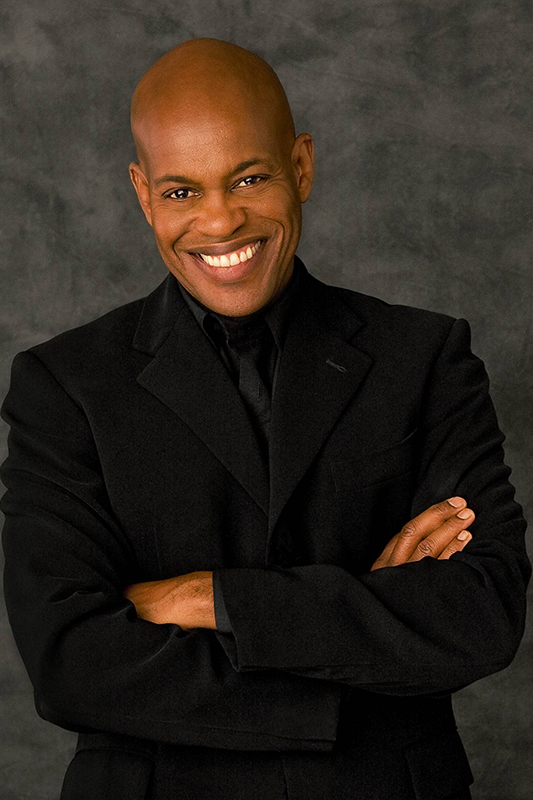

|
His unique gifts, have taken him from such diverse stages as the Metropolitan Opera, Carnegie Hall, Kennedy Center, Deutsche Oper Berlin, Arena di Verona in Italy, London’s Barbican Center, to the New Orleans Jazz Festival, the Apollo Theater and Hollywood Bowl, among hundreds of other venues around the world. Mr. Sykes has performed with a number of the world’s finest orchestras and conductors, including the Atlanta Symphony, Los Angeles Philharmonic, BBC Symphony Boston Symphony and Boston Pops, Baltimore Symphony, Chicago Symphony, Dallas and Houston Symphonies, London Symphony, Louisville Symphony, Minnesota Orchestra, New York Philharmonic, Philadelphia Orchestra, San Francisco and Pittsburgh Symphonies, St. Louis, Seattle, and Vancouver Symphonies. He has worked with such conductors as Teddy Abrams, Marin Alsop, John Axelrod, Christoph Eschenbach, Marvin Hamlisch, Krisjan Jarvi, Andrew Litton, Keith Lockhart, Lorin Maazel, Wayne Marshall, Kurt Masur, John Nelson, David Robertson, Leonard Slatkin and John Williams. Jubilant has collaborated with such artists as Julie Andrews, Terence Blanchard, John Beasley, Renée Fleming, Josh Groban, Christopher Parkening, Patrice Rushen, Carlos Santana, Jennifer Warren, and Brian Wilson. The Grammy nominated baritone was named “Editor’s Choice” by Gramophone Magazine for his recording of Leonard Bernstein‘s “Mass.” He made his film debut in the movie Freedom playing the African slave Ozias. He later played the lead in the play Breath and Imagination by Daniel Beaty on the life of Roland Hayes at the Hartford Stage. In New York at the New York City Center, he portrayed Pompey in the musical Bloomer Girl, and Henry Richard Lee in the musical 1776. In late 2023, he will appear in the suspense/thriller Fin. Jubilant resides in Southern California with his wife, Cecelia. They have three sons. == Biography from the artist's website
== Names which are links in this box and below refer to my interviews elsewhere on my website. BD |
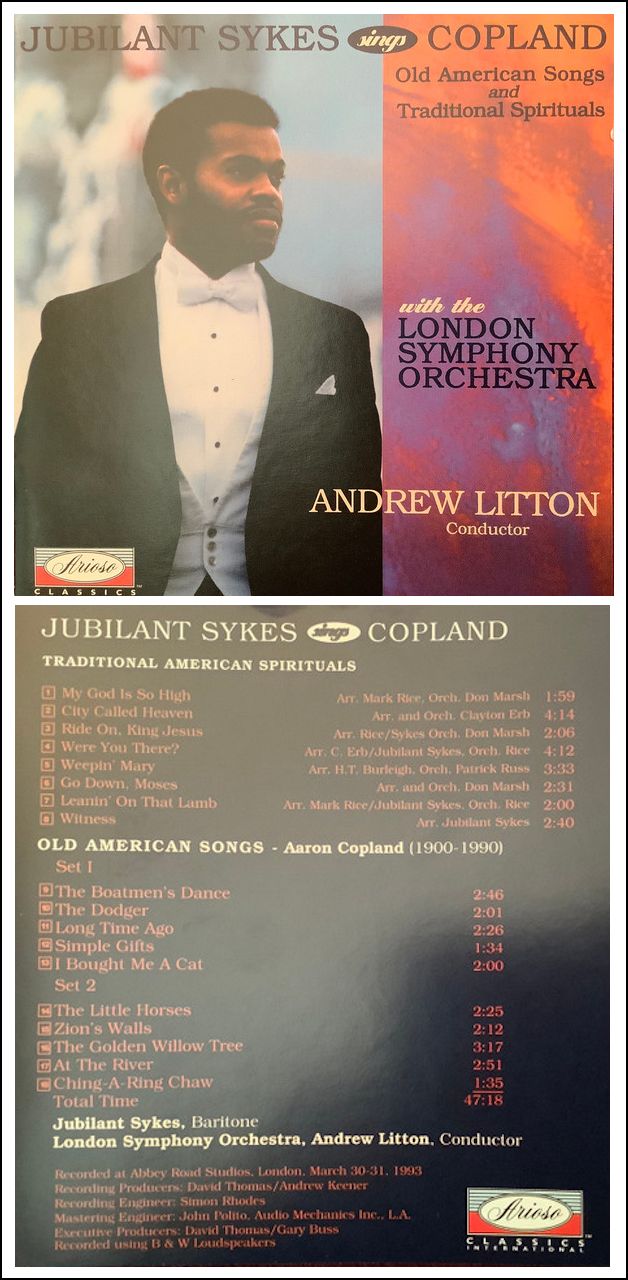
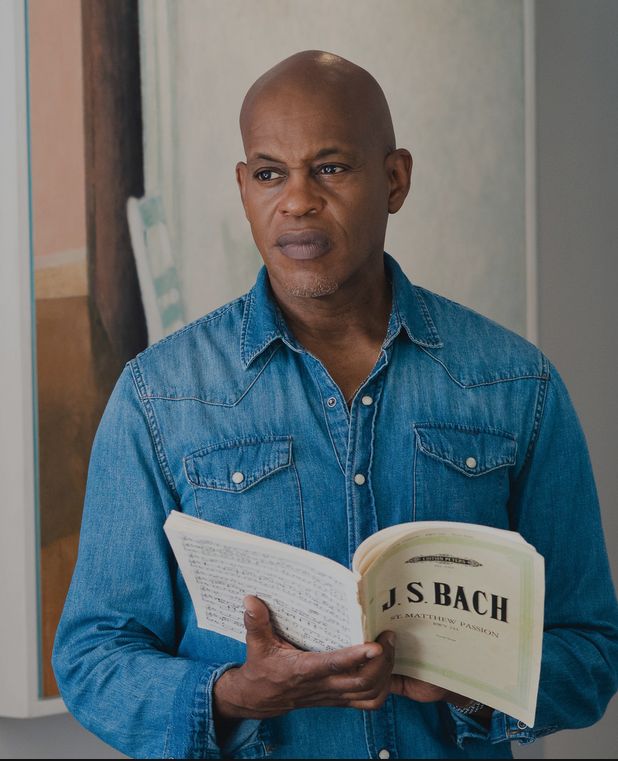
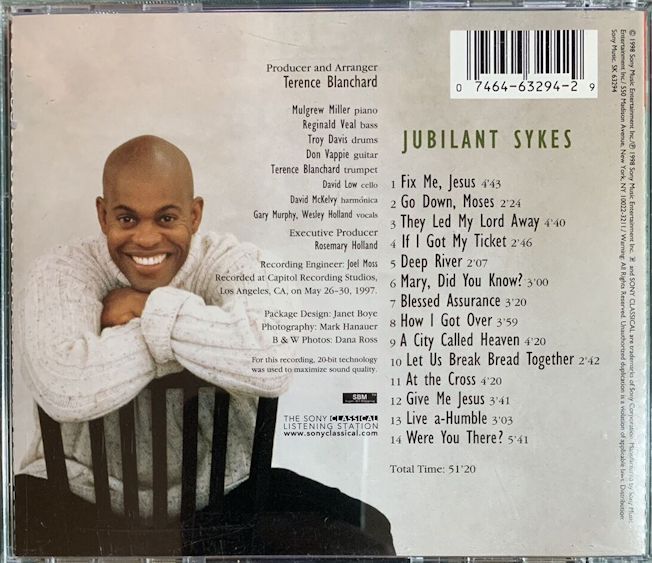
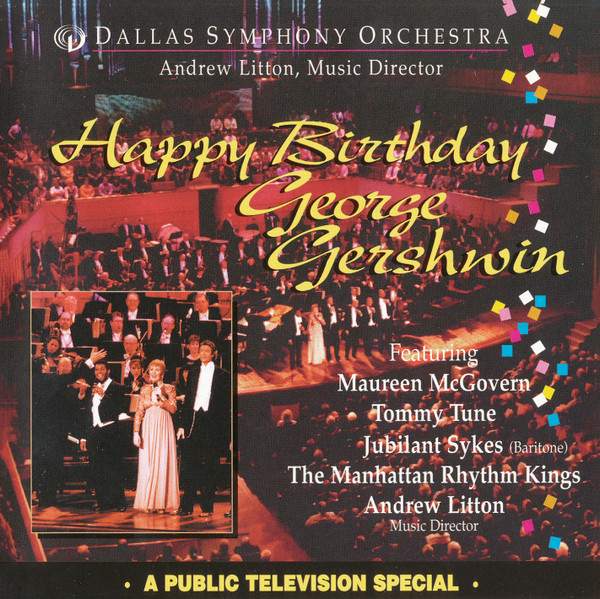
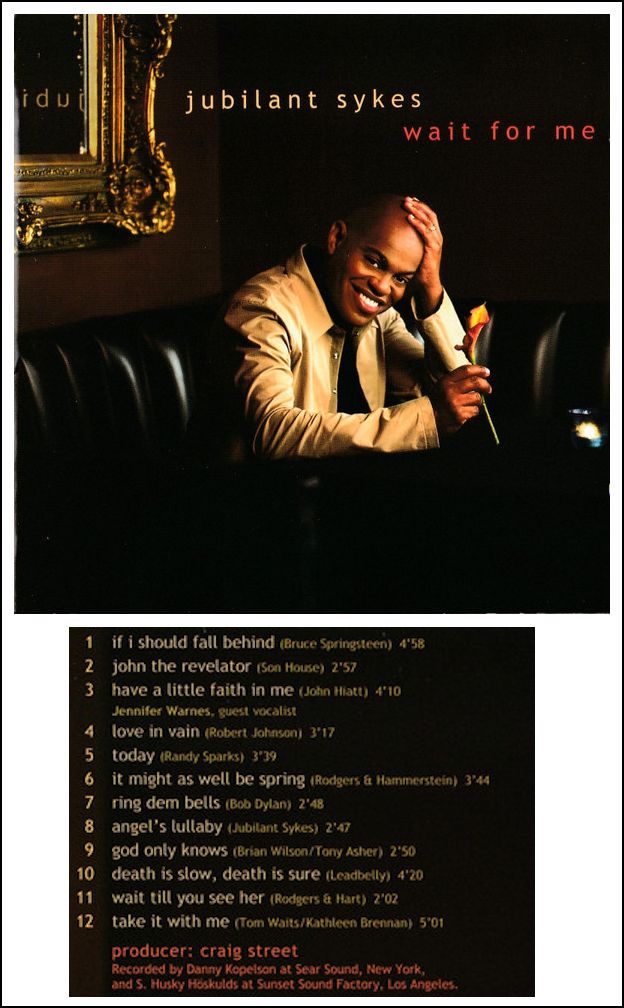
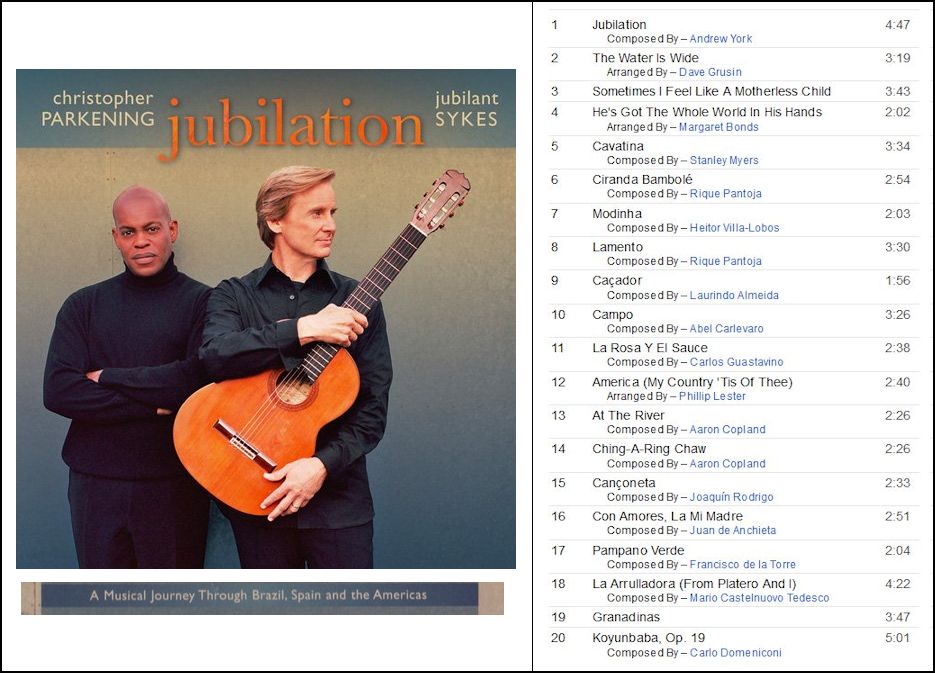
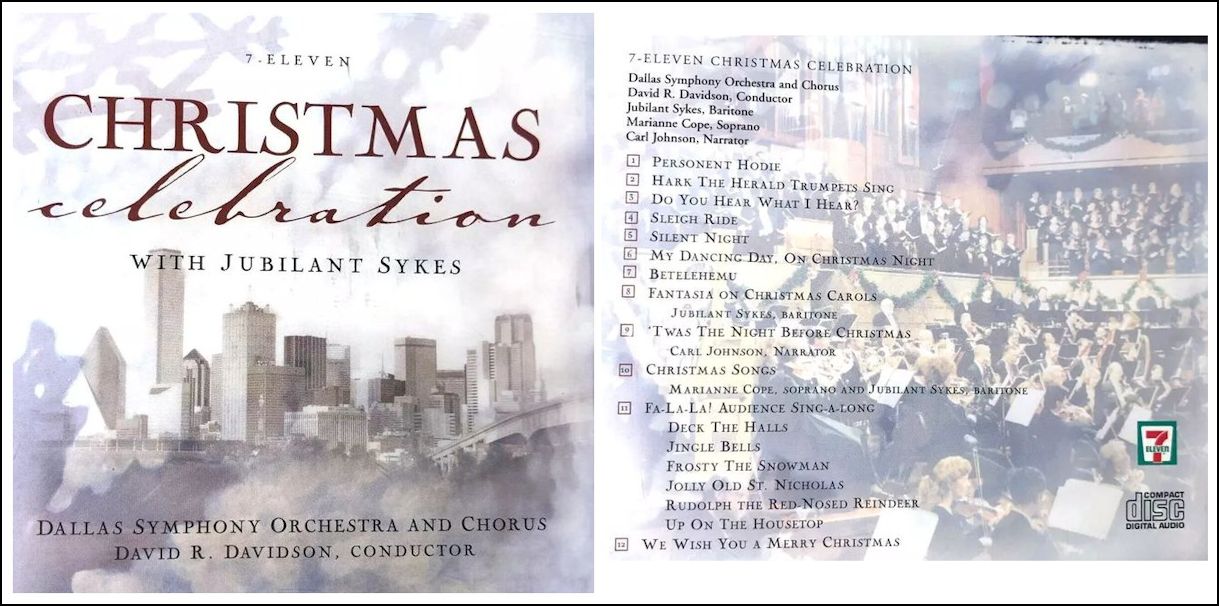
© 1998 Bruce Duffie
This conversation was recorded in Chicago on April 23, 1998. Portions were broadcast on WNIB two months later to promote his subsequent appearance. This transcription was made in 2024, and posted on this website at that time. My thanks to British soprano Una Barry for her help in preparing this website presentation.
To see a full list (with links) of interviews which have been transcribed and posted on this website, click here. To read my thoughts on editing these interviews for print, as well as a few other interesting observations, click here.
Award - winning broadcaster Bruce Duffie was with WNIB, Classical 97 in Chicago from 1975 until its final moment as a classical station in February of 2001. His interviews have also appeared in various magazines and journals since 1980, and he now continues his broadcast series on WNUR-FM, as well as on Contemporary Classical Internet Radio.
You are invited to visit his website for more information about his work, including selected transcripts of other interviews, plus a full list of his guests. He would also like to call your attention to the photos and information about his grandfather, who was a pioneer in the automotive field more than a century ago. You may also send him E-Mail with comments, questions and suggestions.